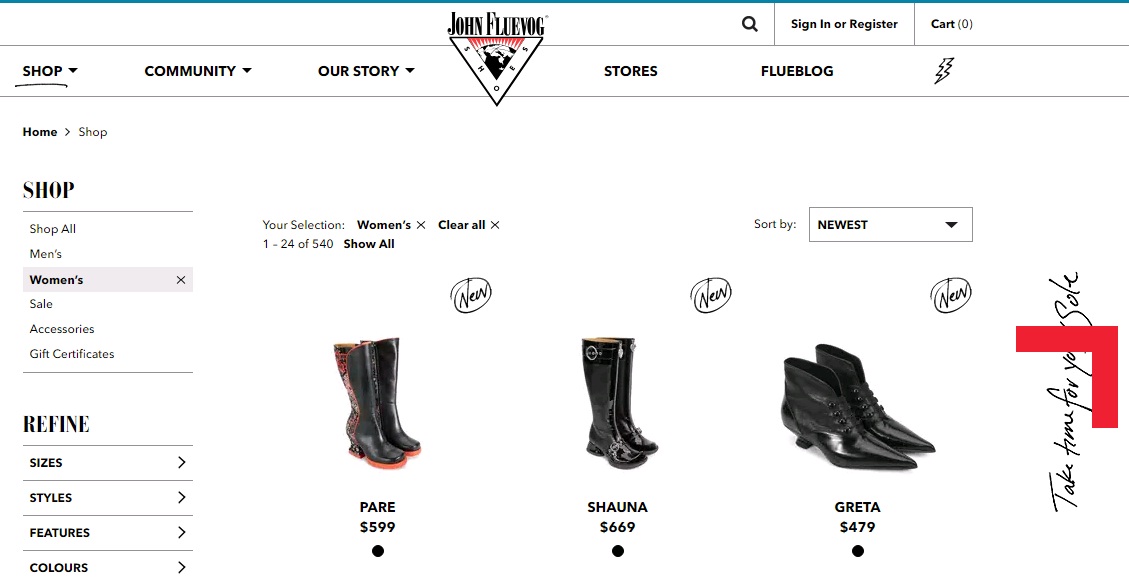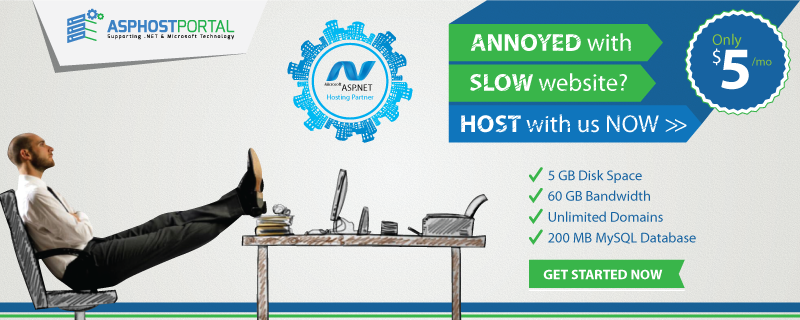Anyone who wants to increase their online presence and, consequently, their sales should use SEO, or search engine optimization. It alludes to the various adjustments you can make to a website in order to raise its search engine ranking. However, why is SEO so crucial? Higher rankings translate into more page visits, which can translate into more sales, making SEO crucial for businesses. Because without it, websites find it difficult to succeed, you’ll frequently find SEO features built into website builders.
We’ve already put together a primer on SEO fundamentals and a glossary of essential SEO terms. We’ll now get into the specific benefits SEO can provide for your company. Find out by reading on!
What Search Engines DO!
Many people turn to search engines, such as Google and Bing, as their first stop when they need an answer. These tools sort through the massive amounts of information available online and select the pages that are most pertinent to each query. In essence, they find online what the majority of us would take days to find.
A feature this helpful will inevitably gain popularity. People no longer have to rely on trial-and-error or painstaking research to find out where to buy the best camping equipment or simply where to find the best cup of coffee in their neighborhood. Nowadays, all you need to do is conduct a quick search on your phone or laptop to get the results you want.

The popularity of search engines is unsurprising given their speed and usability; Google alone processes an average of 3.5 billion searches per day, or roughly 1.2 trillion annually. Since 1998, its use has grown year over year and now accounts for a staggering 78% of all online search activity.
Benefits SEO for Your Business
It is obvious that search engines are the preferred method for finding information in the modern world. And if everyone is using them for question-asking, that implies that the web pages that can offer the most pertinent answers will benefit greatly. Let’s get into it below.
1. Increase Website Traffic
Since more than 28% of users click on the top organic Google result, good SEO can help your web pages rank higher in search engine results pages (SERPs).
The lower you go in the results, the smaller that number becomes. For instance, the average click-through rate for the second result falls to 15.7%, while only 11% of clicks go to the third result.
Google accounts for 93% of all traffic on the internet, and by elevating your pages in the search results, good SEO can help you attract some of that enormous potential to your own website.
2. Improved Brand Awareness and Recognition
Your company name alone is only one aspect of your brand. It includes everything, from the ideals and mission that customers associate with your company to the branding materials you use to promote it. Giving your brand more exposure, visibility, and awareness increases the likelihood that more and more potential customers will become aware of it.
One important strategy for increasing the number of people who see your business and who are interested in who you are and what you do is to move up the search engine results pages.
3. Improve User Experience
Search engines like Google want to give their users the best experience possible, so they want the top search results to actually address users’ needs in a straightforward manner.
Therefore, by making your web pages Google-friendly, you’ll also be making them reader-friendly. It’s like getting two things done at once!
4. Targeted Users
Naturally, as a business owner, you want as many people as possible to visit your website. Page visits are important, but the caliber of those visits is also crucial.
Consider that you are selling luxury shoes. When you could design your pages to meet the needs of relevant audiences, like socialite and career women, why draw in a wide variety of uninterested buyers?
You can accomplish that with the help of SEO’s rules!
SEO and Local Business
Your web pages will be more appealing to everyone on the internet if you optimize them for search engines. However, you don’t always need to cast such a wide net because local SEO can help local businesses become the bigger fish in a smaller pond and move up the SERPs for local results that are specifically relevant to them.
NOTE:
Local SEO is important because, by making your pages more locally relevant, you can further focus your traffic on interested locals who are actually likely to use your services, and implement the quality over quantity strategy we discussed earlier.
And this is a potent tactic given that 97% of online users looked for local businesses!
Create a free Google My Business profile to promote your company online by adding images, branding, and crucial details (like location and hours of operation).

You can improve your performance using a variety of other free SEO tools as well.
SEO and Ecommerce
Since 78% of location-based mobile searches end in an offline purchase, local SEO is crucial for visibility as well as for generating revenue.
Your product pages are the most crucial pages on your website in terms of sales. These are the places where customers can view your products along with photos, prices, and other crucial details (like sizes and color variations for clothing, for example) that they will consider before adding to their carts.

In order to make your product pages more search engine-friendly, you should:
- Include keywords in your product descriptions: To make your web pages more pertinent, you can add keywords, which are words with a high search volume.
- Write a strong call to action:Make sure the next step in buying your product is obvious to readers by including a “Buy Now” or “Learn More” button that is prominently displayed on the page.
- Include product titles and meta descriptions:When a user is trying to decide which result to click on, this information is the one that is displayed most prominently on the SERP. You can encourage more clicks to your product pages by writing titles and descriptions that are engaging and informative while also incorporating pertinent keywords.
- Implement structured data:Information that is easily quantified and thus understandable by both humans and computers is known as structured data. This would apply to products and include things like size, color, and flavor. Your product listings will be simpler to understand for potential customers and easier to identify for Google if you add more structured data to them.
International Expansion and SEO
If local SEO can help you target a particular demographic, international SEO can help you reach a wider audience by translating your content into various locales and languages.
If your website has multiple language versions or multiple versions of the same language that are aimed at different countries, such as the US and Australia, for instance, you should use hreflang.
To implement hreflang on your pages, you can add a piece of HTML to the <head> tag of each page. The new code will look something like:
<link rel=“alternate” href=“example.com” hreflang=“en-us” />
By demonstrating your expertise and knowledge of the particular market you’re trying to appeal to, using international SEO strategies can help you get past linguistic and cultural barriers.
SEO Challenges
Although implementing SEO on your website can result in amazing rewards, the process is not without difficulties, such as:
1. Search Engine Algorithm Changes
Algorithms are used by search engines to determine the elements that will affect how well a website performs in search results. Search engines regularly update these factors to make sure they are still meeting users’ needs. All factors are based on what will be important to the user. For website owners who want to make sure their optimizations are current with the latest updates, these updates can occasionally happen quickly.
2. Many Competitions in Market
The top five results receive more than 65% of all clicks on the SERPs, and if you’ve ever performed a Google search, you know that each one produces numerous pages of results.
To put it another way, a lot of websites are competing for the same top spot as you, which can be intimidating at first. Google wants to display quality businesses to its users, so if you’re confident in what you’re offering, you have every reason to be confident in your rankings.
There is nothing to be afraid of in a little competition. It demonstrates the value of SEO for businesses.
3. Be Patient
Either you need to invest a lot of your own time in learning and putting best practices into practice, or you need to spend some money on hiring a specialist or specialists to do it for you. But as the saying goes, nothing worthwhile should be done half-heartedly!
If you want to analyze your website, you can read few tools to analyze your SEO.
SEO is Important!
“Why is SEO important?” is a common question. The most frequent response is probably going to be supporting business expansion. SEO attracts more interested visitors to your company website, which inevitably results in increased business growth. You’ll increase your chances of generating leads and raising conversion rates by attracting potential customers (that’s the targeted traffic we mentioned earlier!).
The impact of SEO is significant because almost half of marketers claim that organic search has the highest return on investment of any marketing channel. Additionally, SEO is a simple strategy to measure the results of, in contrast to some more ambiguous marketing channels. Just take a look at your website traffic, rankings, and conversion rates. Google Analytics is a simple tool for doing this.
Final Verdict
So why is SEO so crucial? It’s no secret that SEO has a significant positive impact on business growth, whether it’s through increased site traffic, targeting more relevant traffic, improving brand visibility, or enhancing user experience. The best part is that regularly improving your website’s search engine optimization is a simple way to guarantee long-term success and growth!

Andriy Kravets is writer and experience .NET developer and like .NET for regular development. He likes to build cross-platform libraries/software with .NET.



